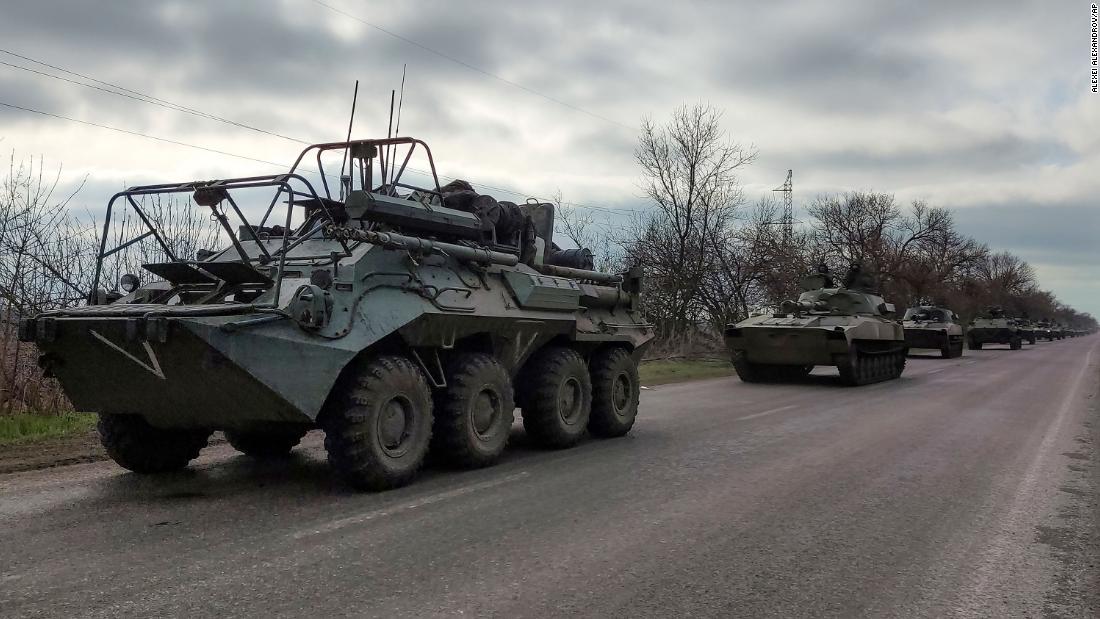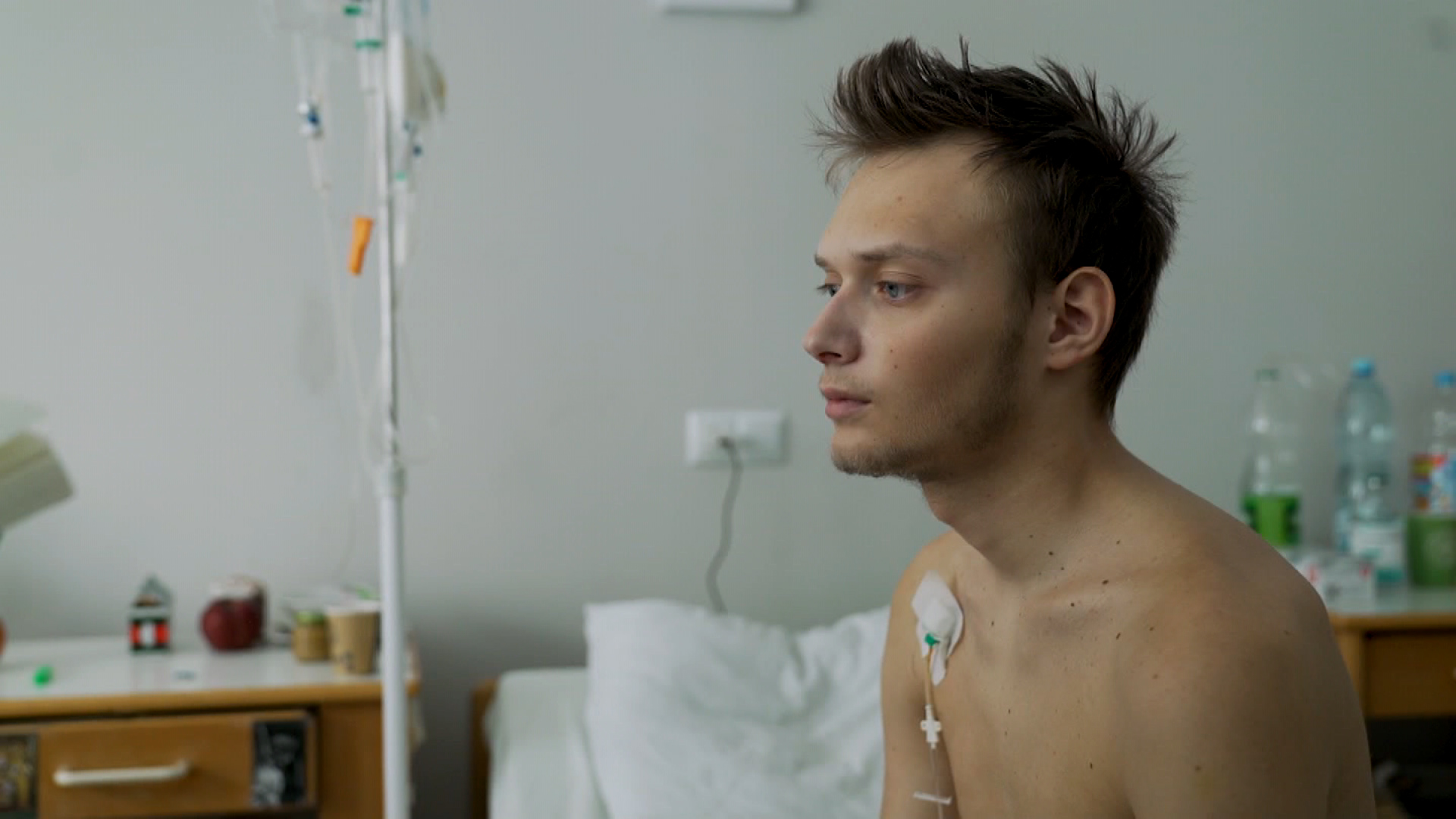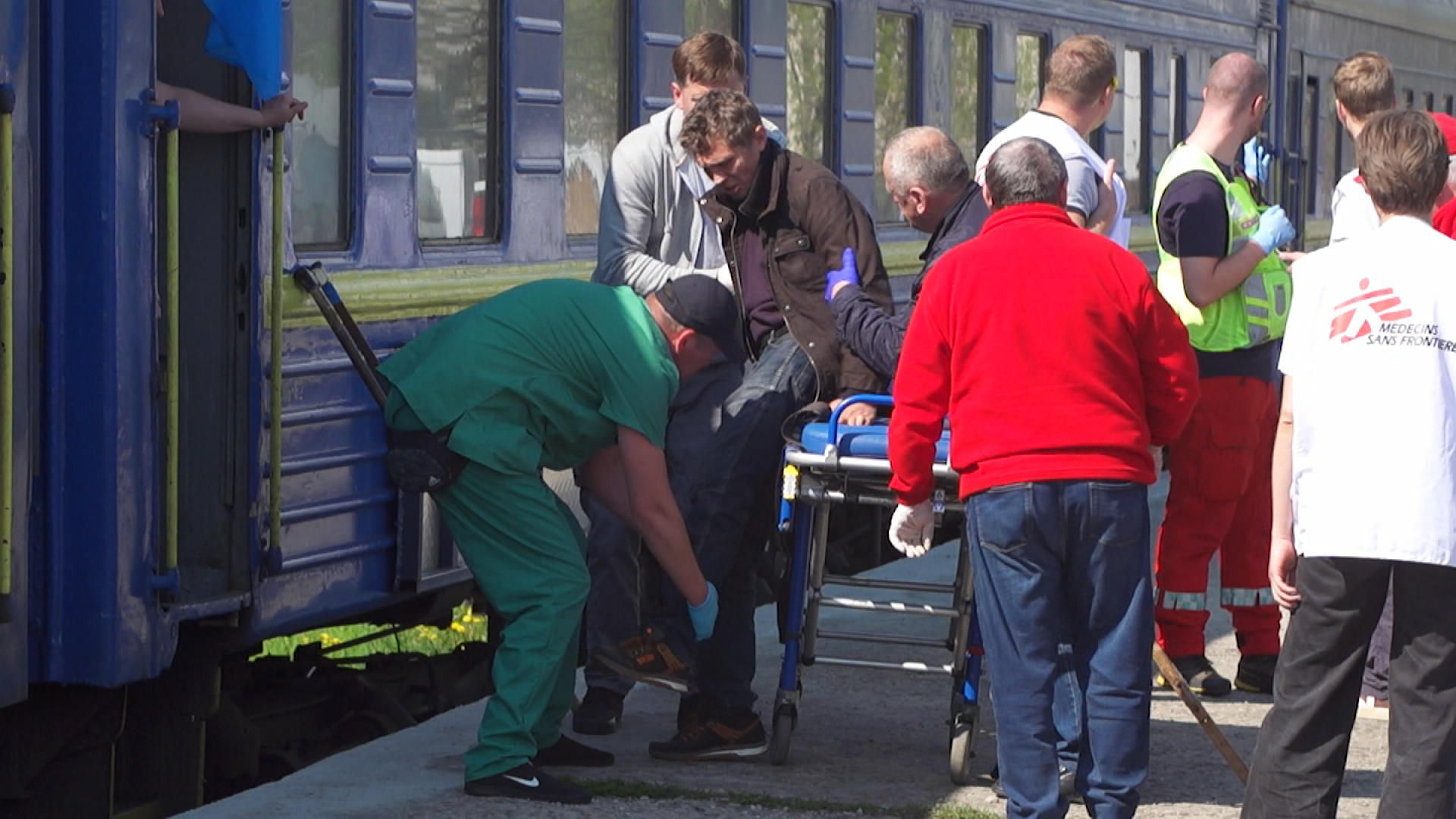
As the doctor enters the room on rounds, Dmytro Kaliuzhnyi sits quietly on his hospital bed. He absent-mindedly answers their routine questions as his bandages and wounds are carefully checked.
The 19-year-old still appears to be in a state of shock. It’s hardly surprising, given that less than a month ago his body was riddled with shrapnel from shelling outside his home in Kharkiv in north-eastern Ukraine.
“I never could have imagined that something like that could happen to me,” he says softly.
“At first it was very tough and then I came to terms with everything that happened to me.”

Kaliuzhnyi, who lost both of his parents before the war, is yet another civilian who has been caught in the crossfire as fighting has escalated. In a whisper, he adds that he wishes he’d listened to others and protected himself better.
“I never thought that I would say it, you have to protect yourself to the maximum and follow all the rules that are told by adults.”
Kaliuzhnyi has spent the last several weeks here at Lviv Clinical Emergency Hospital, western Ukraine’s largest medical facility. According to doctors, he is just one of a rapidly growing number of patients being treated in the hospital’s intensive care units.
His doctor, Hnat Ihorovych Herych, tells CNN that treating civilian injuries such as these has become all too common as Russia’s invasion of the country continues into its third month.
“I’ve done some operations that I only read from the books,” Herych adds, recalling some of the recent procedures he’s had to carry out.

Kaliuzhnyi is part of a steady stream of patients who have made terrifying and increasingly dangerous journeys across the country aboard makeshift medical trains.
One of those to make the treacherous trip with a head injury was 9-year-old Sofiya Hurmaza. From the southern city of Mykolaiv, she was caught by shelling near her home in early April — a piece of shrapnel striking her head and lodging deep in her brain.
Miraculously, after successful operations to remove the broken fragment, she is now recuperating in a hospital cot in Lviv under the watchful eye of her mother, Nina Vavryniuk.
“She is very strong, she didn’t even cry when she got wounded,” Vavryniuk says, before recalling the moment she was reunited with her daughter.
“When I walked in, I thought maybe she had lost some of her memory. I walked in and unexpectedly she said, ‘Mommy,’ with tears in her eyes.
“I was so happy that she remembers me and she didn’t lose her memory. The doctor told me the fragment went right through the center [of her brain]. If it went one millimeter left or right, she wouldn’t make it.”
WATCH:

